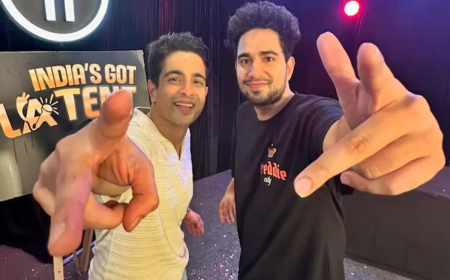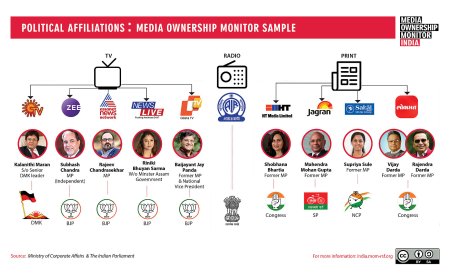The Growing Danger of State-Controlled Media in India: Why a Free Press is Crucial for Democracy
The growing influence of politicians over media in India threatens press freedom. With India's media ranked among the lowest globally, it's crucial to protect an independent press for a thriving democracy
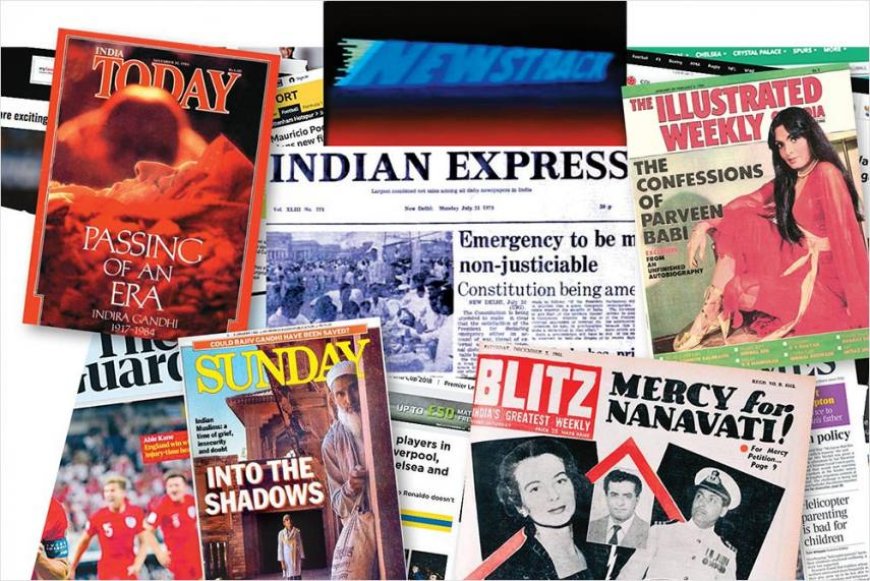
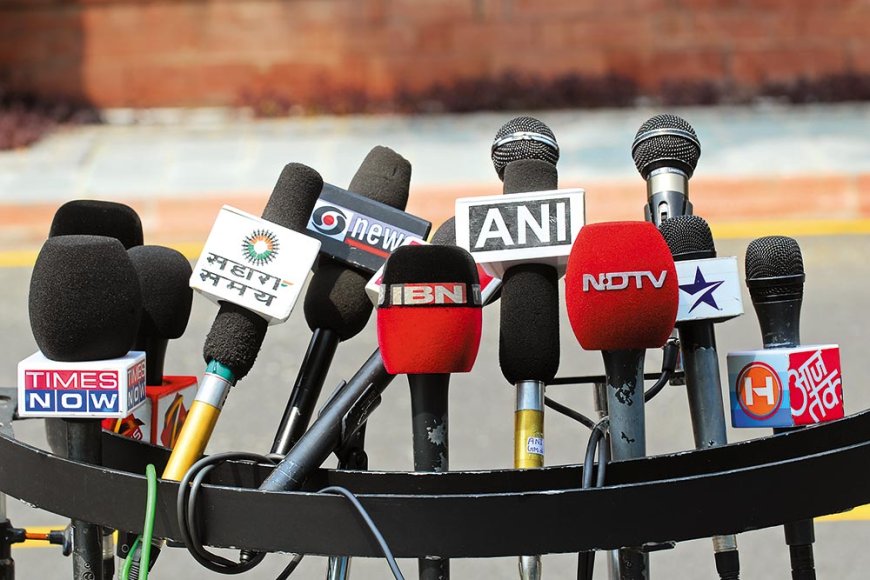
In India, the increasing influence of politicians and ministers over the media landscape poses a significant threat to the independence of journalism. With many media outlets under the control or influence of political figures, the line between news and propaganda is often blurred, leading to a dangerous erosion of public trust. Media, once considered the "fourth pillar" of democracy, is increasingly becoming a tool for political gain rather than serving as an independent check on government power.
Government Control and Media Manipulation

In recent years, India has witnessed a disturbing trend of government officials exerting control over news organizations. This is not just limited to the obvious case of state-run media but also extends to privately owned outlets. Ministers and politicians use their influence to push certain narratives, silence dissent, and manipulate public opinion. For example, media outlets with large audiences, such as television channels and major newspapers, have been criticized for playing down government failures and focusing on stories that align with the political agenda of the ruling party.
The issue isn't just about bias—it’s about control. Whether through direct ownership, regulatory pressure, or strategic alliances, political figures can leverage media outlets to control the narrative. This creates a climate where news consumers are unable to access impartial information, undermining their ability to make informed decisions about governance.
The Plight of Journalism in India: Ranking Among the Worst
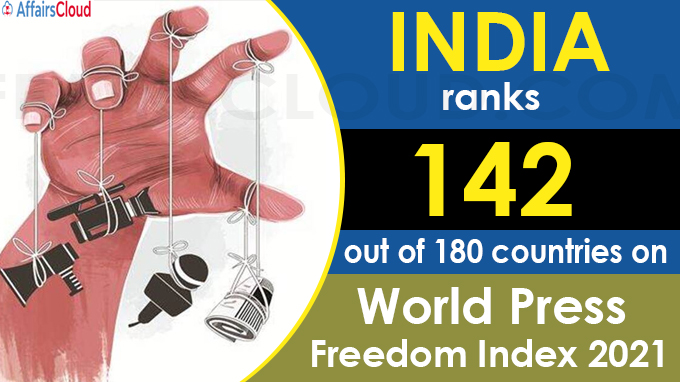
India's media landscape has faced numerous challenges, with press freedom continuously under threat. According to the 2023 World Press Freedom Index by Reporters Without Borders (RSF), India ranks 161st out of 180 countries—a dismal position that highlights the precarious state of journalism. This ranking places India among the lowest in the world, well below many of its democratic peers.
The index cites several key factors contributing to India's low ranking:
-
Violence Against Journalists: Journalists in India face threats, harassment, and violence, often from political groups seeking to suppress critical reporting. Several reporters have been murdered in recent years for investigating corruption, abuse of power, or human rights violations.
-
Censorship and Intimidation: The rise of online censorship, combined with physical harassment, has forced many journalists to self-censor, fearing for their lives and livelihoods. In some cases, media outlets are coerced into retracting or altering reports that are unfavorable to the government.
-
Concentration of Media Ownership: A handful of powerful corporations control large swathes of India’s media. This concentration limits diversity in news coverage and prioritizes the interests of the elite over the needs of the public. Journalists working in such environments often face pressures to toe the line or risk losing their jobs.
Libertarian Perspective: The Need for an Independent Media
From a libertarian perspective, media freedom is non-negotiable. An independent press is a cornerstone of a truly democratic society, where the government is held accountable for its actions, and citizens can engage with the world through a lens of truth rather than manipulation. Libertarians argue that reducing government influence in media will not only restore trust but will also foster a marketplace of ideas where diverse perspectives can thrive.
By removing bureaucratic red tape, increasing media diversity, and empowering journalists to pursue the truth without fear of retaliation, India could strengthen its democracy. It is only when media outlets are free from political pressure and interference that they can serve their rightful role as watchdogs, ensuring that governments remain accountable to the people.
Conclusion: A Call for Media Reforms
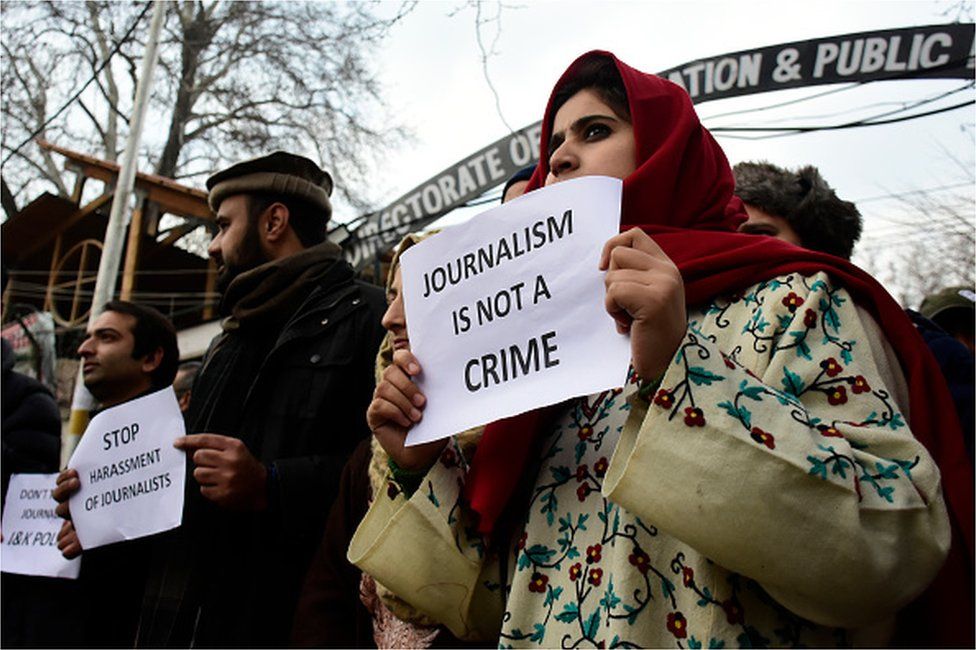
The erosion of press freedom in India is not just a threat to journalism but to the very foundations of democracy. As citizens, it is crucial to demand transparency, accountability, and, above all, an independent media that is free from political influence. Only then can India hope to uphold the values of free speech and truth, ensuring that its democratic processes remain healthy and robust for future generations.
What's Your Reaction?















































